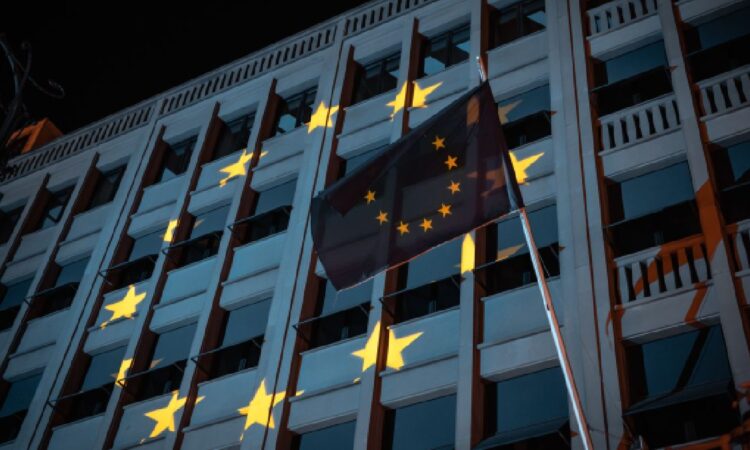Europe Issues ‘Travel Rule’ Guidelines for Crypto Firms Amid Push to Curb Money Laundering, Financial Crime

The European Union (EU) is adding more layers to its crypto-related regulations to ensure that virtual digital assets (VDAs) are not misused by criminals to conduct or finance illicit activities. The European Banking Authority (EBA) has imposed a ‘travel rule’ on crypto firms that will require them to store details of transactions on their platforms, that aims to reduce instances of money laundering and terror financing using crypto assets — these transactions often leave no trail leading back to the perpetrators of the crime.
The EBA has made it mandatory for all crypto firms to disclose details about each transaction on their respective platforms, as per a statement released by the regulatory authority earlier this month.
EBA’s Travel Rule Guidelines
Under the new guidelines, crypto firms in the EU have been instructed to collect and maintain records of the payers and beneficiaries for all transactions. The travel rule applies to all firms operating within the EU region, which will be required to confirm their compliance. Firms seeking an exemption, must provide reasons to the authorities that will be assessed.
Crypto firms that do not adhere to this law without notifying the authorities will be classified under ‘non-compliant’ businesses and could face legal action. Businesses related to crypto financing have been directed to amend their policies in a way that they align with EBA’s travel rule, which already covers the traditional banking sector.
The guidelines are comprehensive and will go into effect on December 30.
The EU’s Crypto Rules
The EBA is also working with EU policymakers to bind the volatile and financially risky crypto sector in a solid legal framework in a move that is expected to make the crypto sector safer for exploration for investors, without posing risk to EU’s financial stability and while also cracking down on crypto exploiters.
Earlier in June, the EBA published the final draft technical standards that will govern its Markets in Crypto Assets (MiCA) rules. The EBA addressed a number of issues in its final draft of technical standards including those related to liquidity requirements, stress testing programme, asset reserves, and recovery plans.
The EU approved its MiCA legislation in October 2022, aiming to ensure consumer protection, prevent market manipulation, and curb financial crimes linked to digital assets in the EU.






